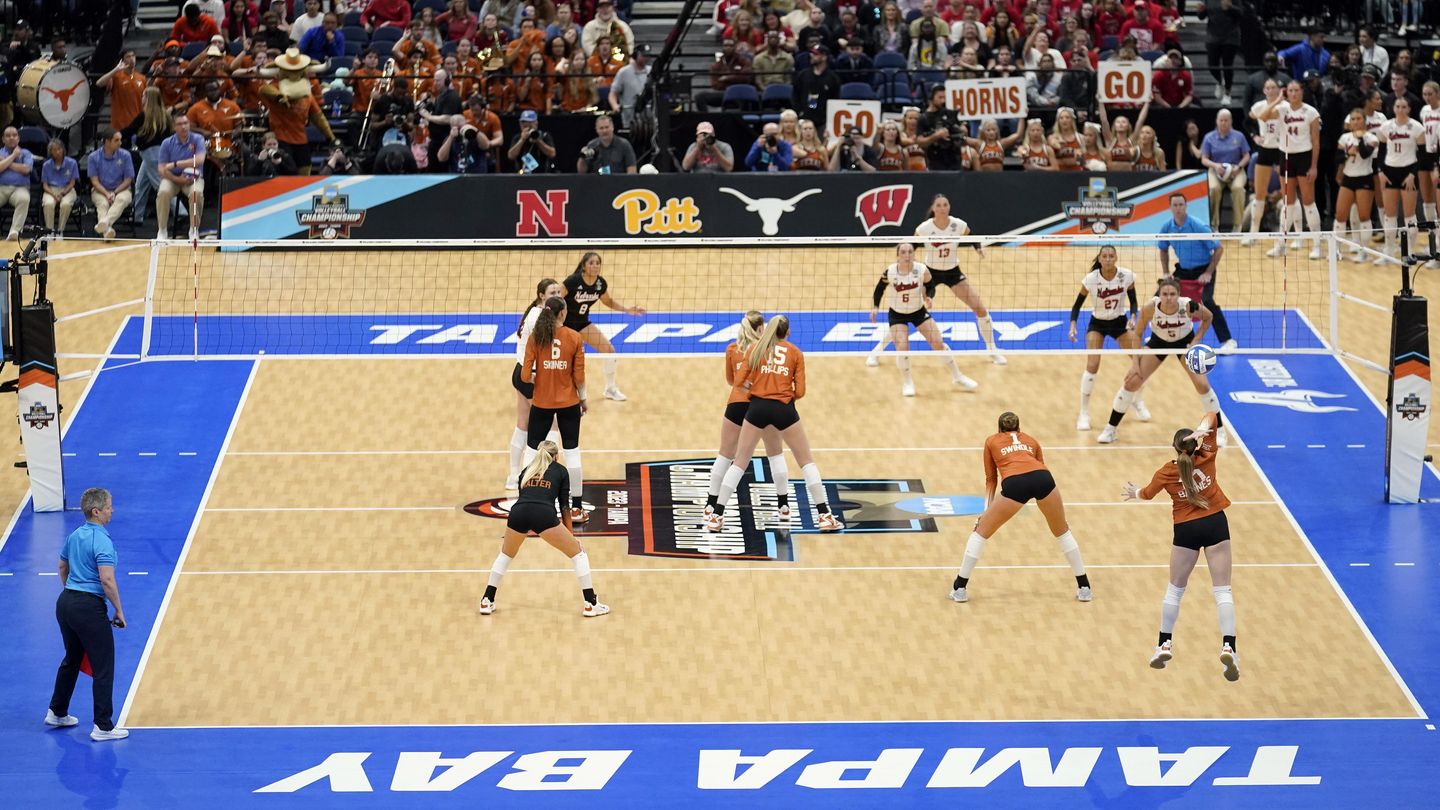In a controversial move that has sparked debate across the country, the women’s collegiate volleyball team from an unnamed university has forfeited its upcoming game against San Jose State University. The reason? San Jose State University has a transgender athlete on its team, and the opposing team believes that allowing biological males to compete in women’s sports is unfair and goes against the spirit of fair competition.
This decision has put pressure on the NCAA to take a stand on the issue of transgender athletes competing in women’s sports. The NCAA has faced criticism in the past for its policies regarding transgender athletes, with some arguing that allowing biological males to compete in women’s sports gives them an unfair advantage due to physiological differences between males and females.
The debate over transgender athletes in women’s sports has been ongoing for years, with passionate arguments on both sides of the issue. Supporters of transgender inclusion argue that all athletes should have the opportunity to compete in sports regardless of their gender identity, and that transgender athletes should not be discriminated against or excluded from competition. They argue that transgender athletes should be allowed to compete in the gender category that aligns with their gender identity, regardless of their biological sex.
On the other hand, opponents of transgender inclusion in women’s sports argue that allowing biological males to compete against females gives them an unfair advantage due to physiological differences, such as muscle mass and bone density. They argue that this can lead to an uneven playing field and potentially put female athletes at a disadvantage in terms of performance and opportunities for success.
The decision by the unnamed women’s collegiate volleyball team to forfeit its game against San Jose State University has reignited the debate over transgender athletes in women’s sports, with many calling for the NCAA to take action and establish clear guidelines and policies on the issue. Some have called for the NCAA to ban biological males from competing in women’s sports altogether, while others have advocated for a more nuanced approach that takes into account the rights and experiences of transgender athletes.
The issue of transgender athletes in women’s sports is not limited to volleyball or the NCAA. It has become a hot-button topic across various sports and levels of competition, with high-profile cases sparking national conversations and debates. In recent years, several states have passed laws or introduced legislation that seeks to regulate the participation of transgender athletes in sports, with some states banning biological males from competing in women’s sports altogether.
The debate over transgender athletes in women’s sports is complex and multifaceted, with no easy answers or solutions. It raises important questions about fairness, equality, and inclusivity in sports, and forces us to confront our beliefs and biases about gender and identity. As the conversation continues to evolve, it is clear that the issue of transgender athletes in women’s sports is not going away anytime soon, and that the NCAA and other governing bodies will need to grapple with these questions and find a way to address them in a way that is fair and equitable for all athletes involved.









